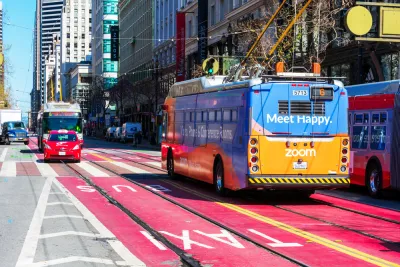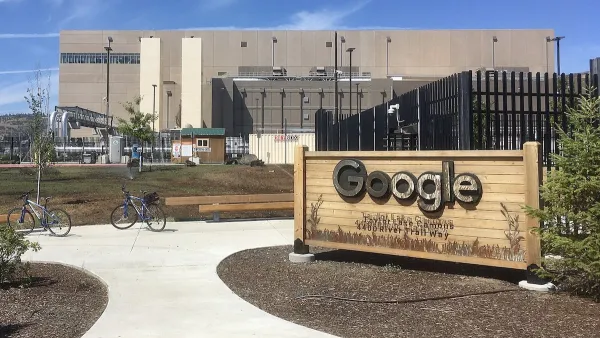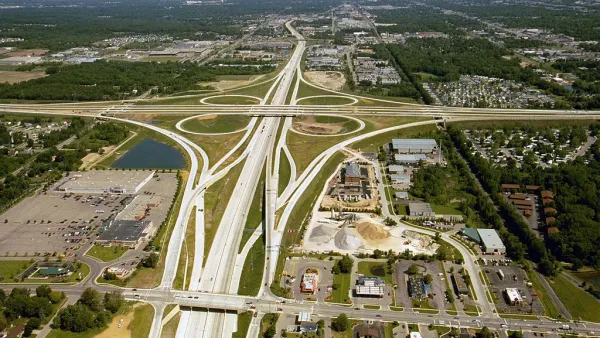A report from the Sabin Center provides a legal framework for municipal-level action on climate change policy.

The Sabin Center for Climate Change Law's Amy E. Turner and Michael Burger provide a legal framework for cities wanting to take action on climate change goals in their local jurisdictions. The document "is meant to highlight potential issues and offer a range of paths forward that cities may consider in pursuing their municipal carbon reduction goals."
Outlining the four sectors that contribute to greenhouse gas emissions––buildings, transportation, energy, and waste––the report explores carbon reduction policies that can be implemented at the municipal level and "cross-cutting legal frameworks that inform many areas of city climate policy, as well as legal concepts that influence how equity may be incorporated into those policy domains."
Potential decarbonization tools in the four sectors include:
- Buildings: building energy benchmarking, energy efficiency retrofits, changes in local building codes, restriction on energy sources.
- Transportation: land use and zoning reform, support of alternative transportation modes, congestion pricing, and investment in electric vehicle infrastructure.
- Energy: investment in renewable energy programs at the household level and the utility scale.
- Waste: recycling and organic waste collection programs, waste management requirements for new buildings, plastic bans, and regulation of waste companies.
The report also includes a chapter on equity, citing the impacts of climate change on BIPOC and low-income communities and the interwoven nature of decarbonization, housing, and jobs policies. While the authors note that all cities have different legal constraints, the framework can serve as an informational tool to guide city leaders towards the most effective decarbonization policies.
FULL STORY: Cities Climate Law: A Legal Framework for Local Action in the U.S.

Analysis: Cybertruck Fatality Rate Far Exceeds That of Ford Pinto
The Tesla Cybertruck was recalled seven times last year.

National Parks Layoffs Will Cause Communities to Lose Billions
Thousands of essential park workers were laid off this week, just before the busy spring break season.

Retro-silient?: America’s First “Eco-burb,” The Woodlands Turns 50
A master-planned community north of Houston offers lessons on green infrastructure and resilient design, but falls short of its founder’s lofty affordability and walkability goals.

Test News Post 1
This is a summary

Analysis: Cybertruck Fatality Rate Far Exceeds That of Ford Pinto
The Tesla Cybertruck was recalled seven times last year.

Test News Headline 46
Test for the image on the front page.
Urban Design for Planners 1: Software Tools
This six-course series explores essential urban design concepts using open source software and equips planners with the tools they need to participate fully in the urban design process.
Planning for Universal Design
Learn the tools for implementing Universal Design in planning regulations.
EMC Planning Group, Inc.
Planetizen
Planetizen
Mpact (formerly Rail~Volution)
Great Falls Development Authority, Inc.
HUDs Office of Policy Development and Research
NYU Wagner Graduate School of Public Service




























